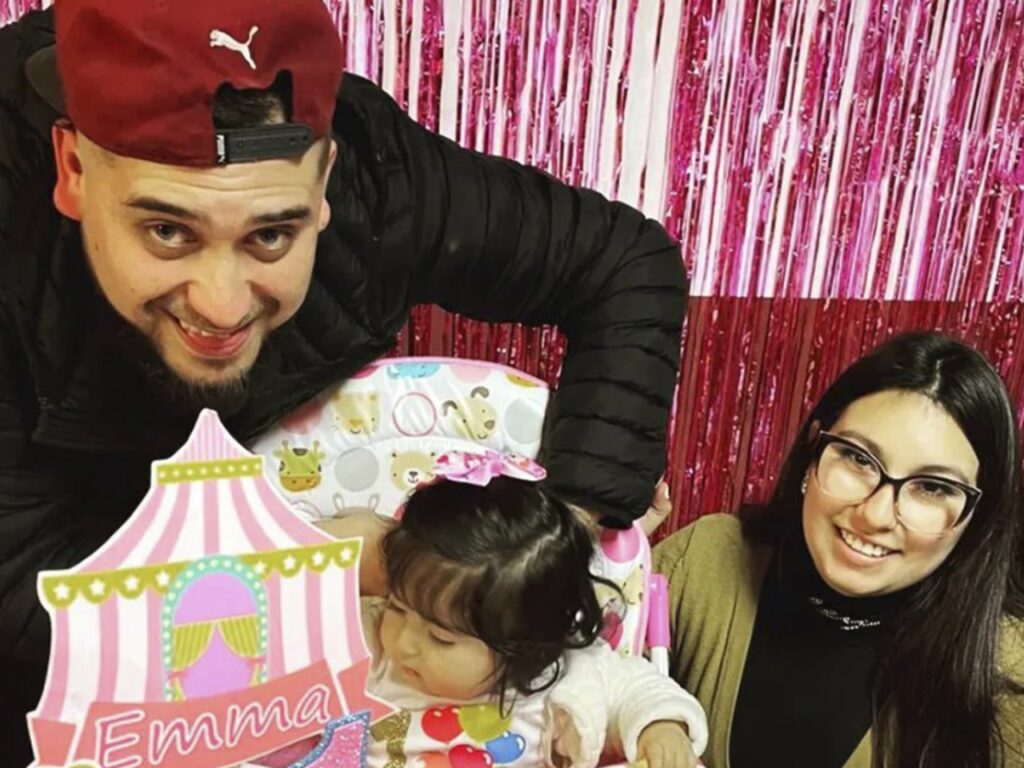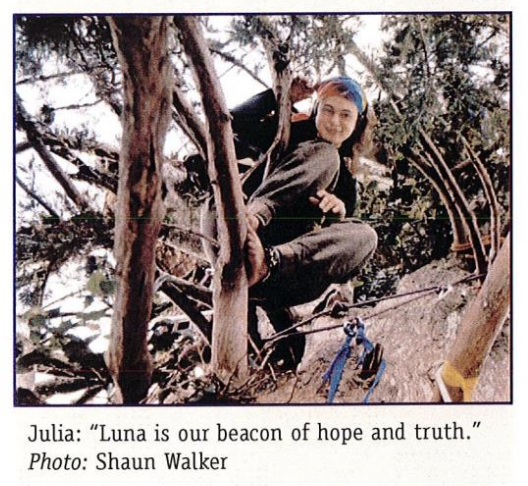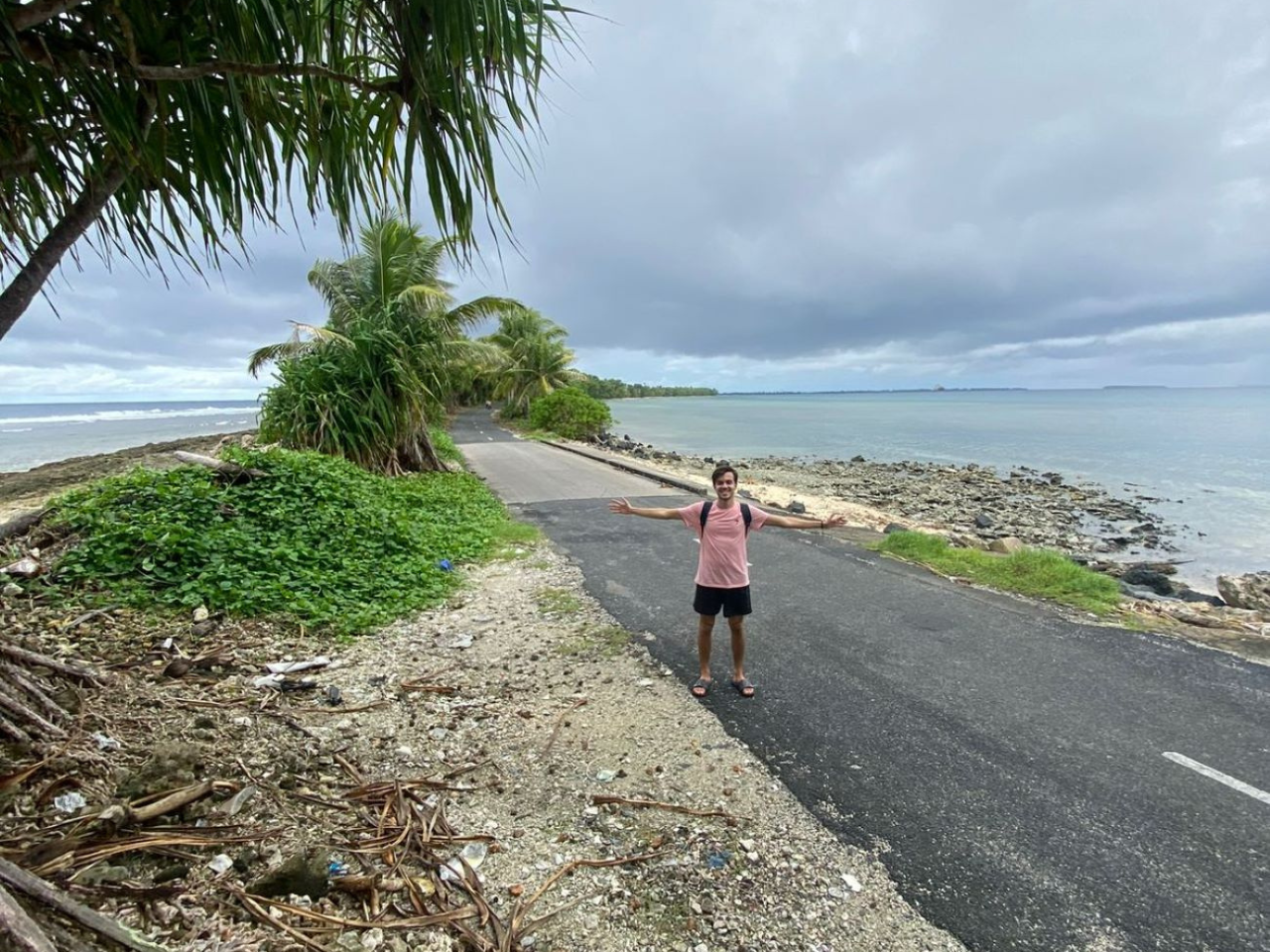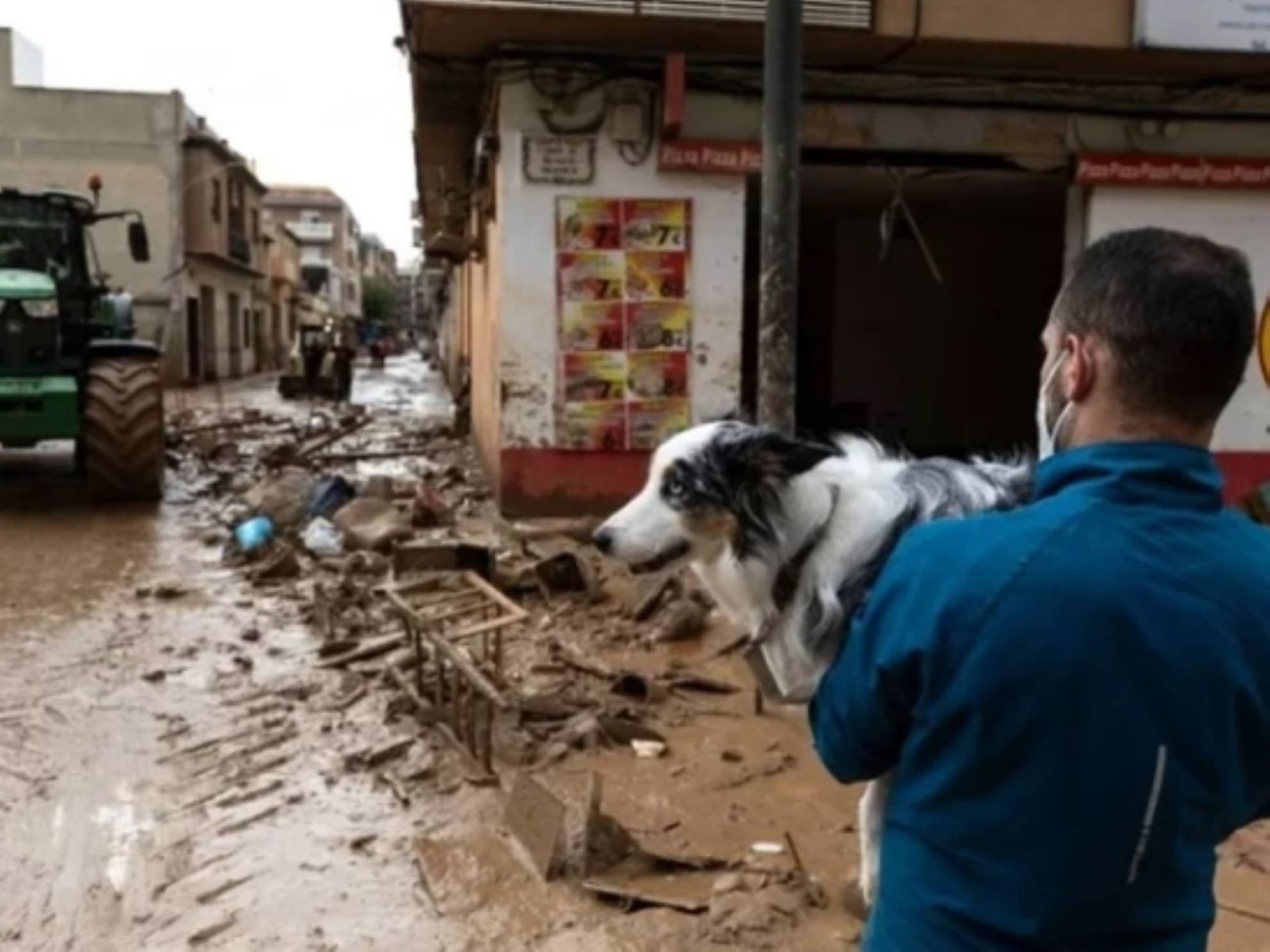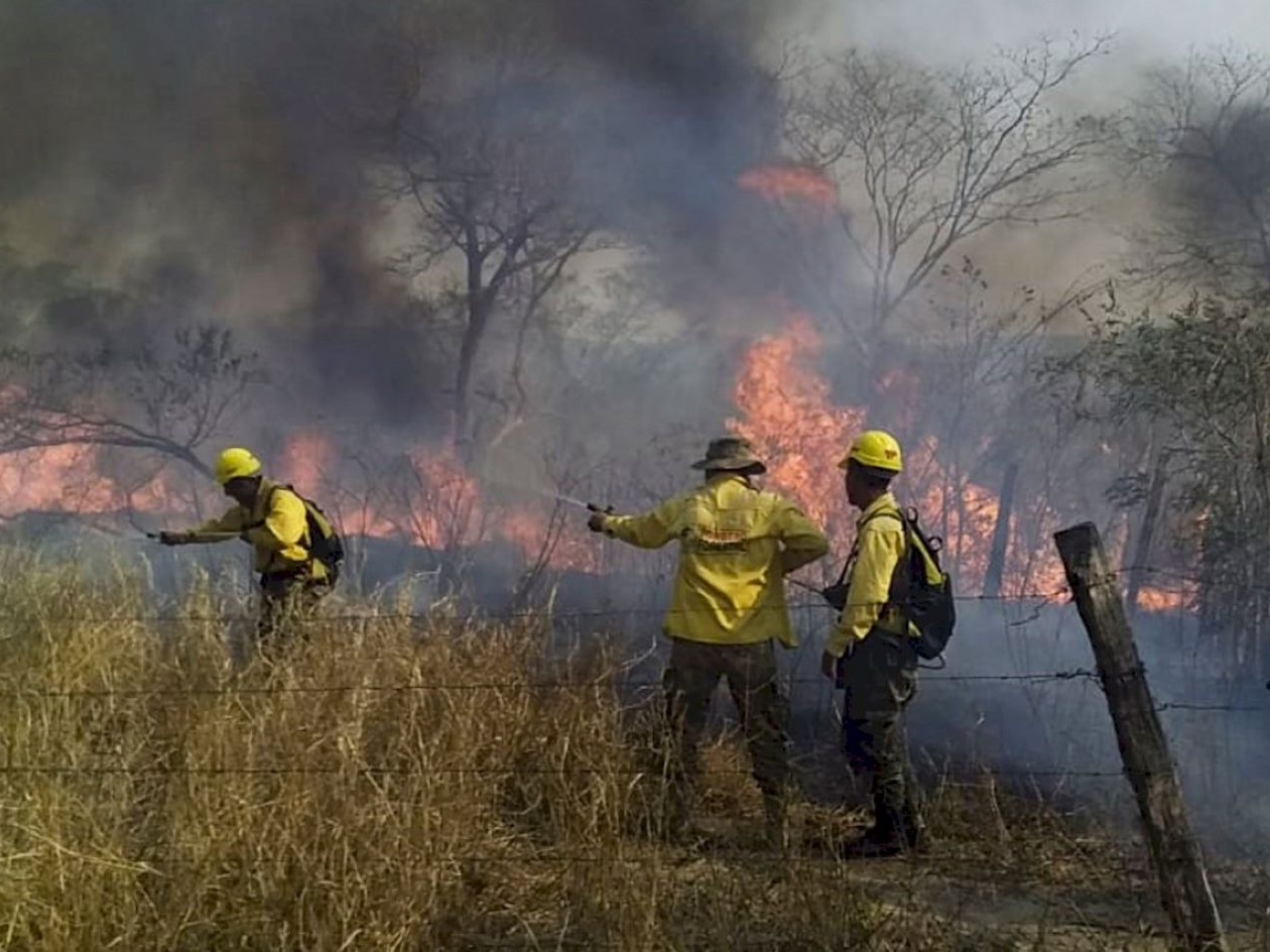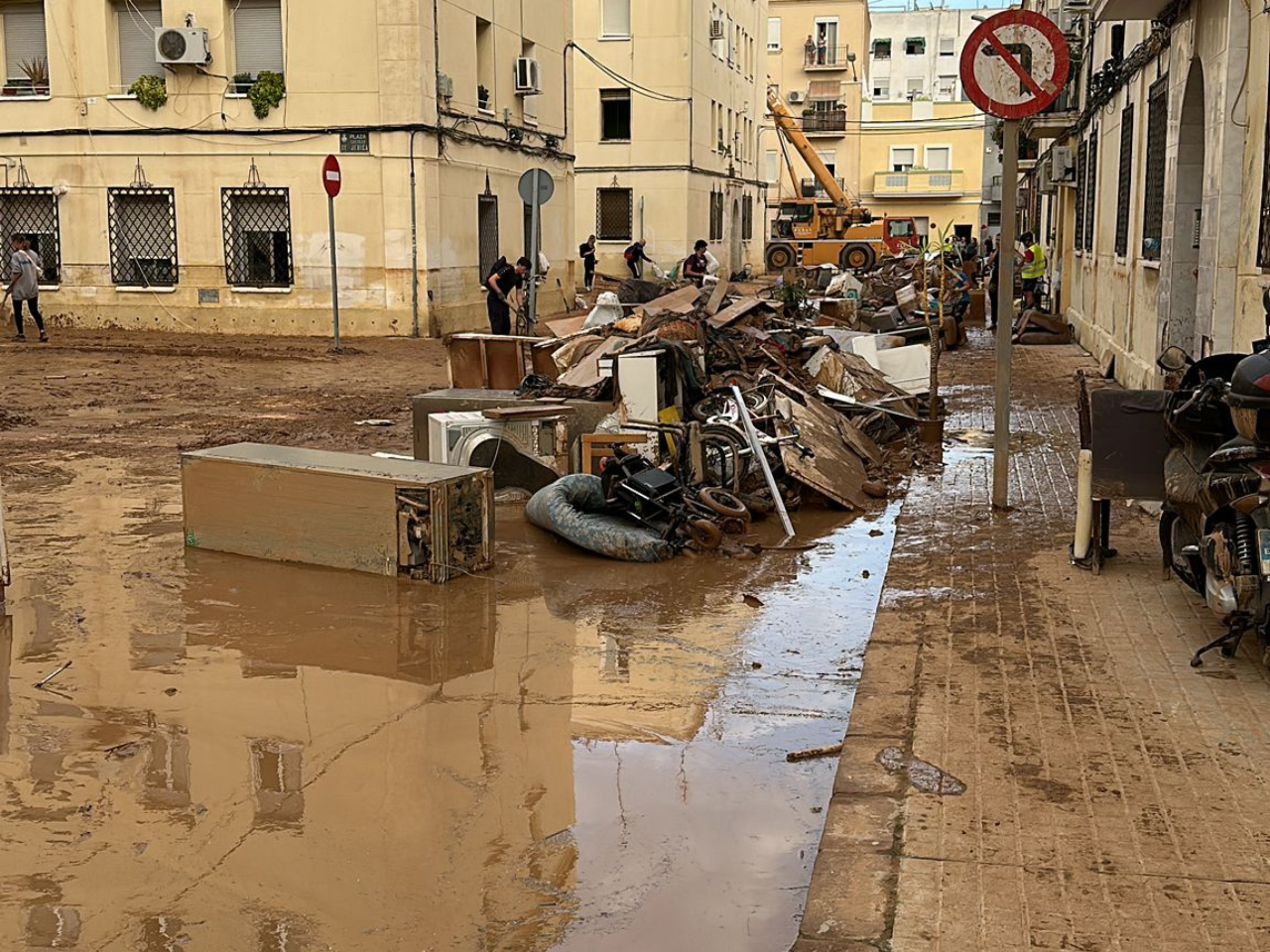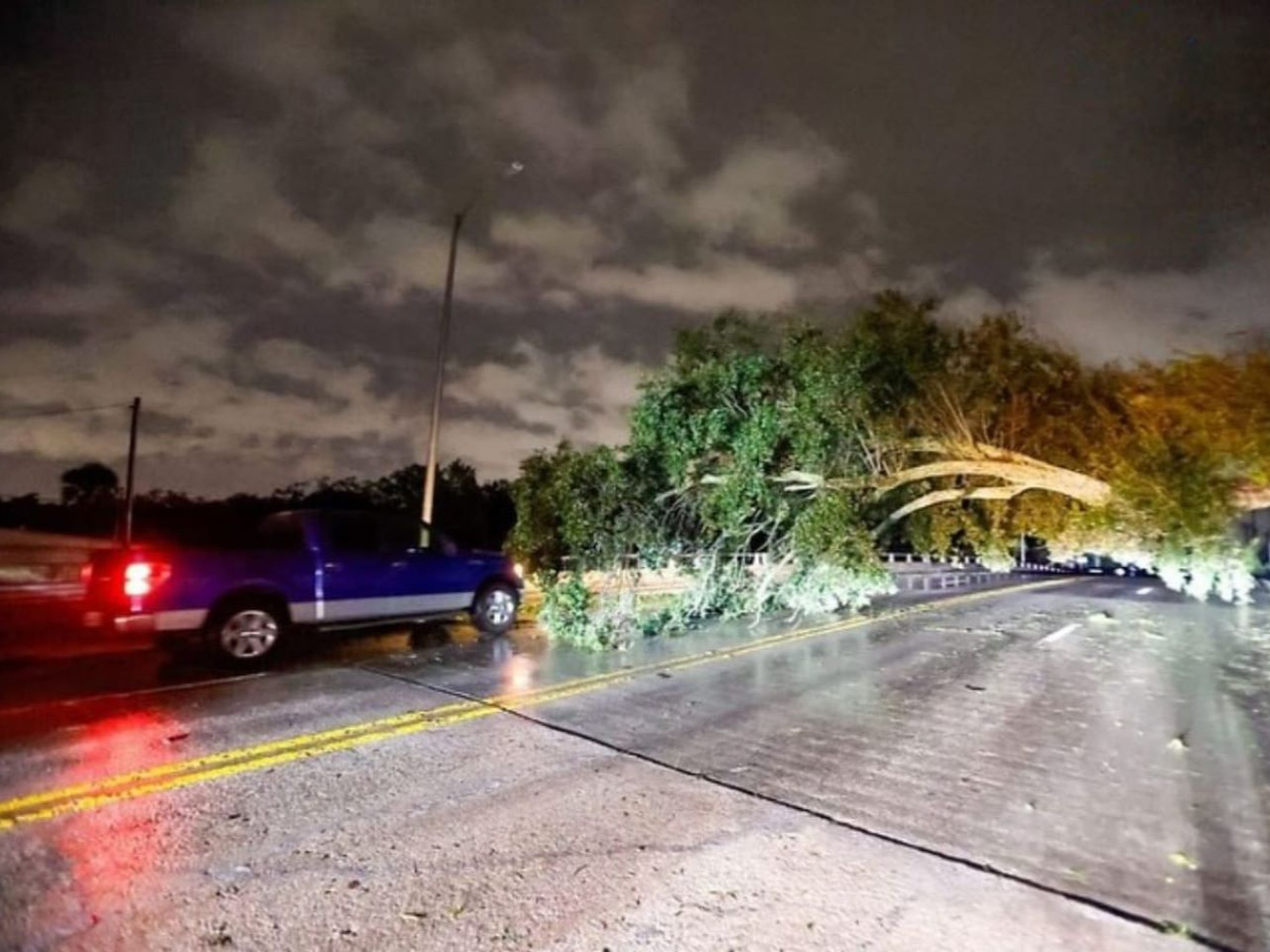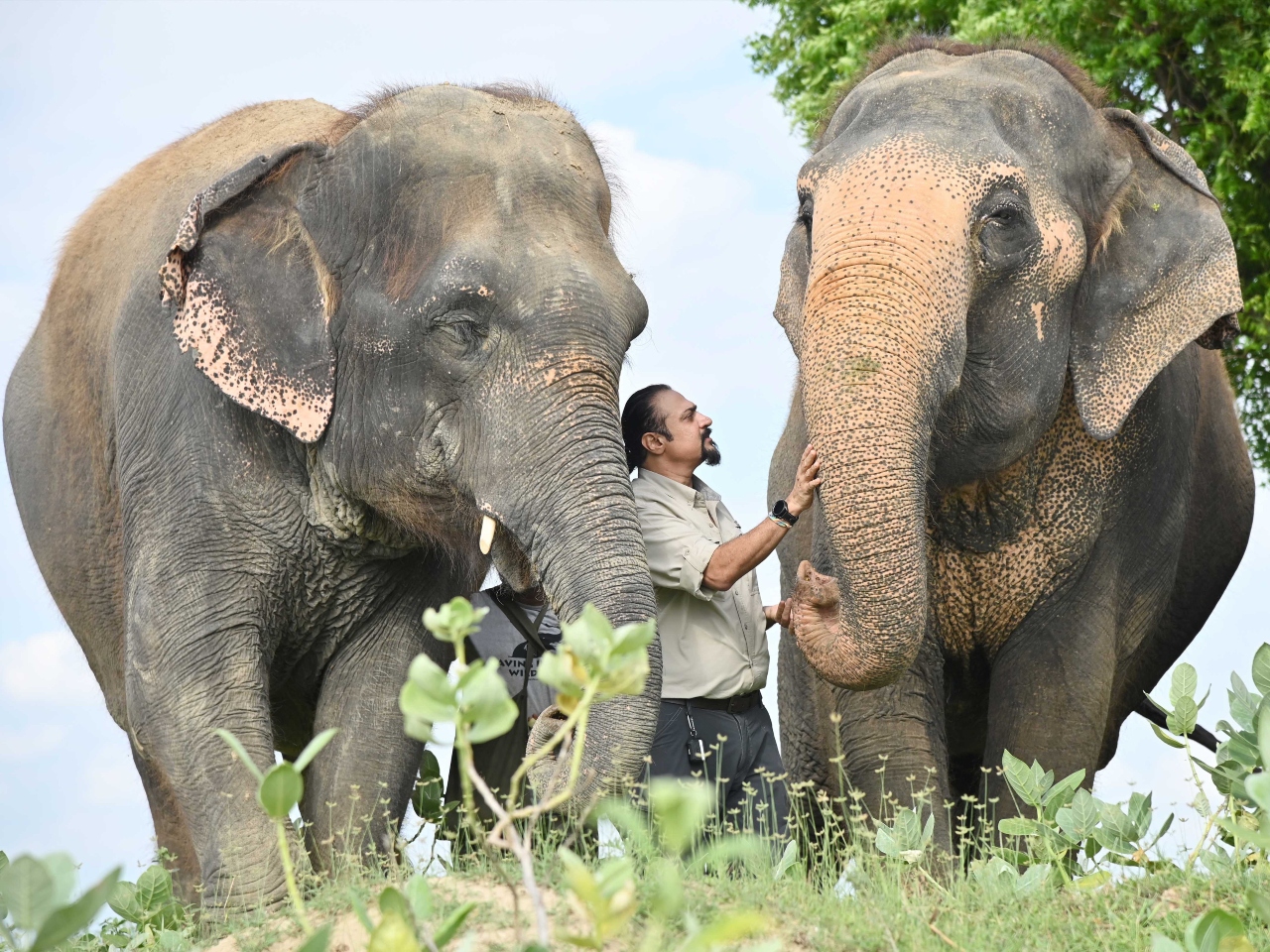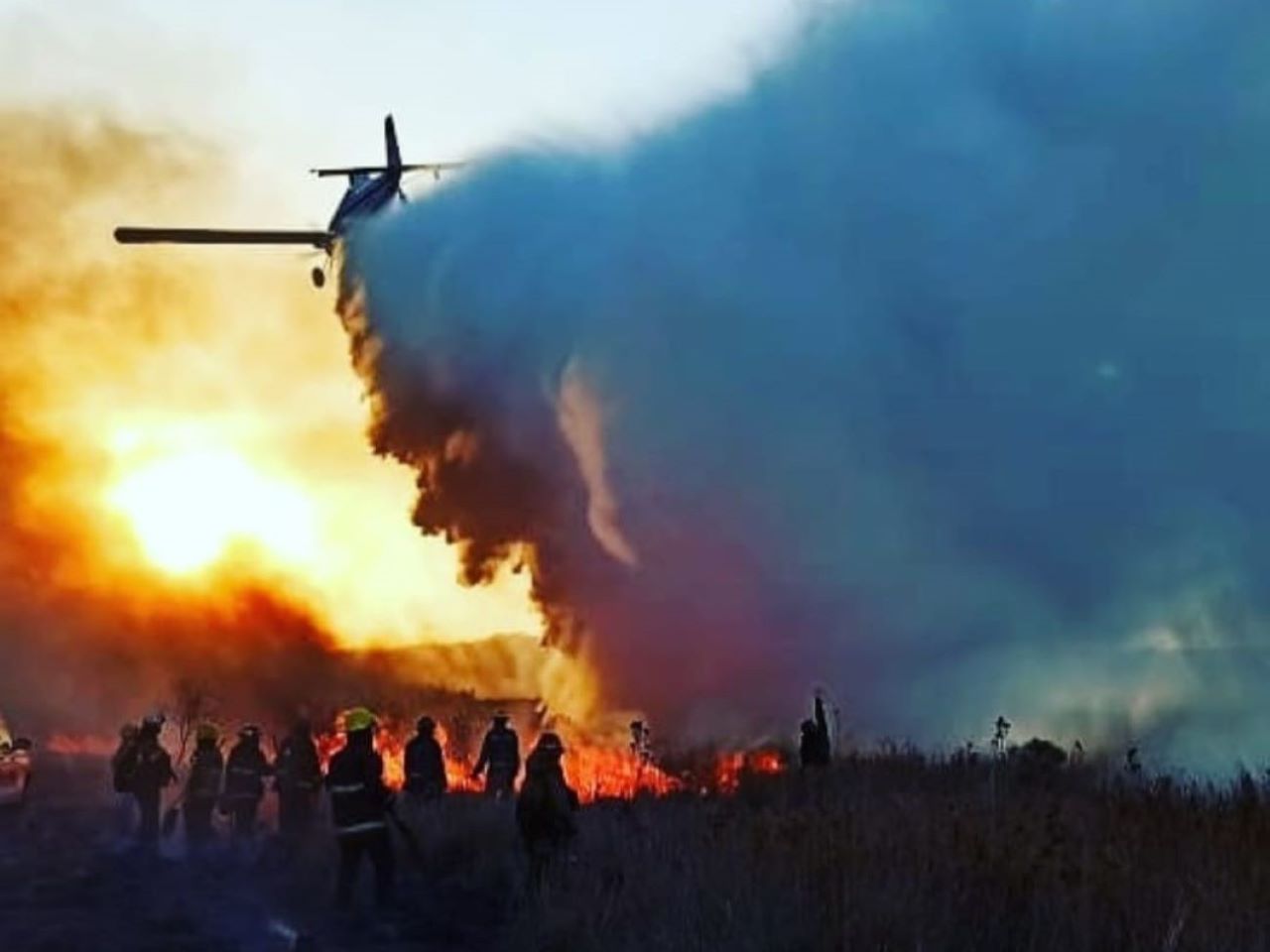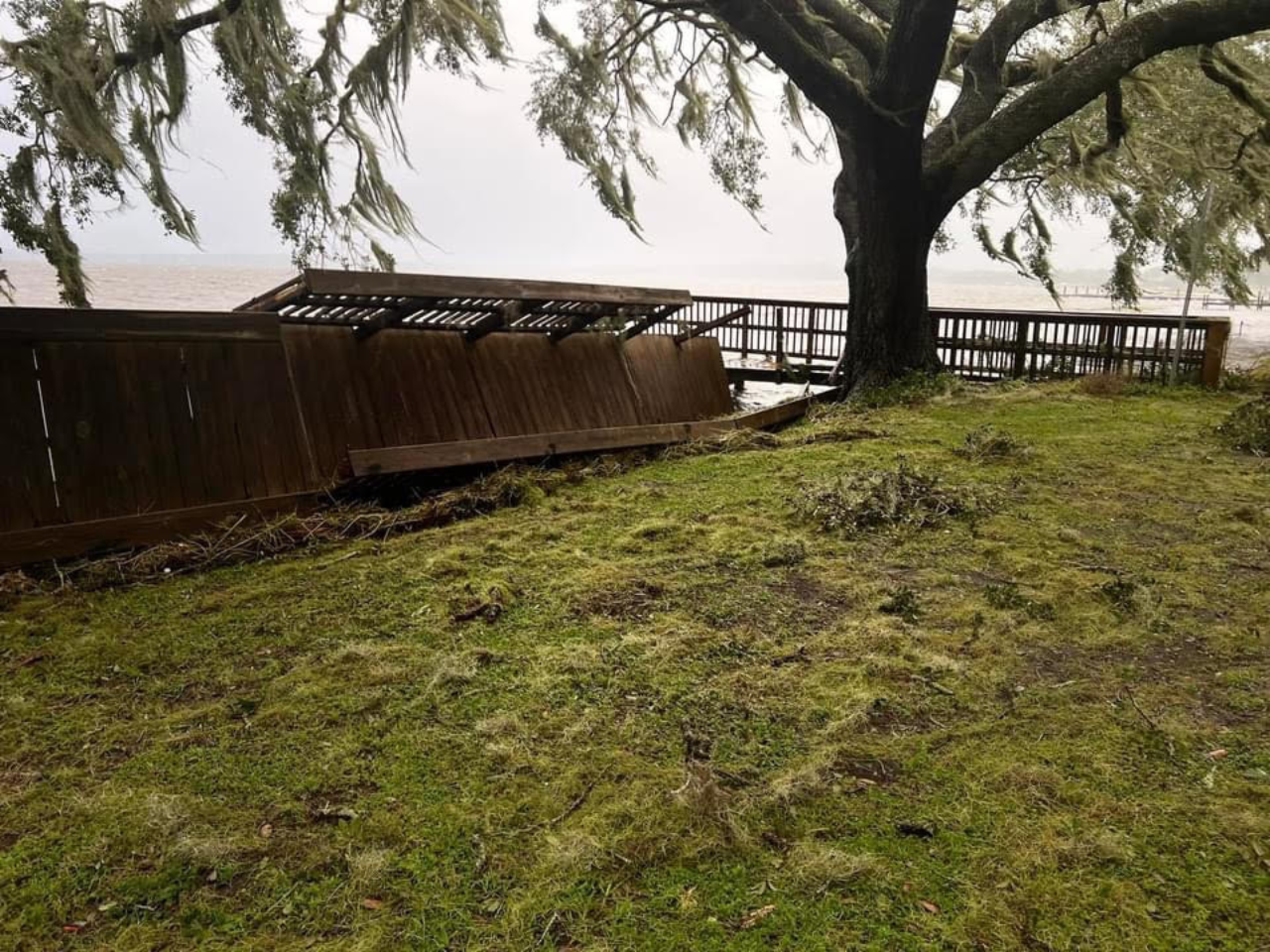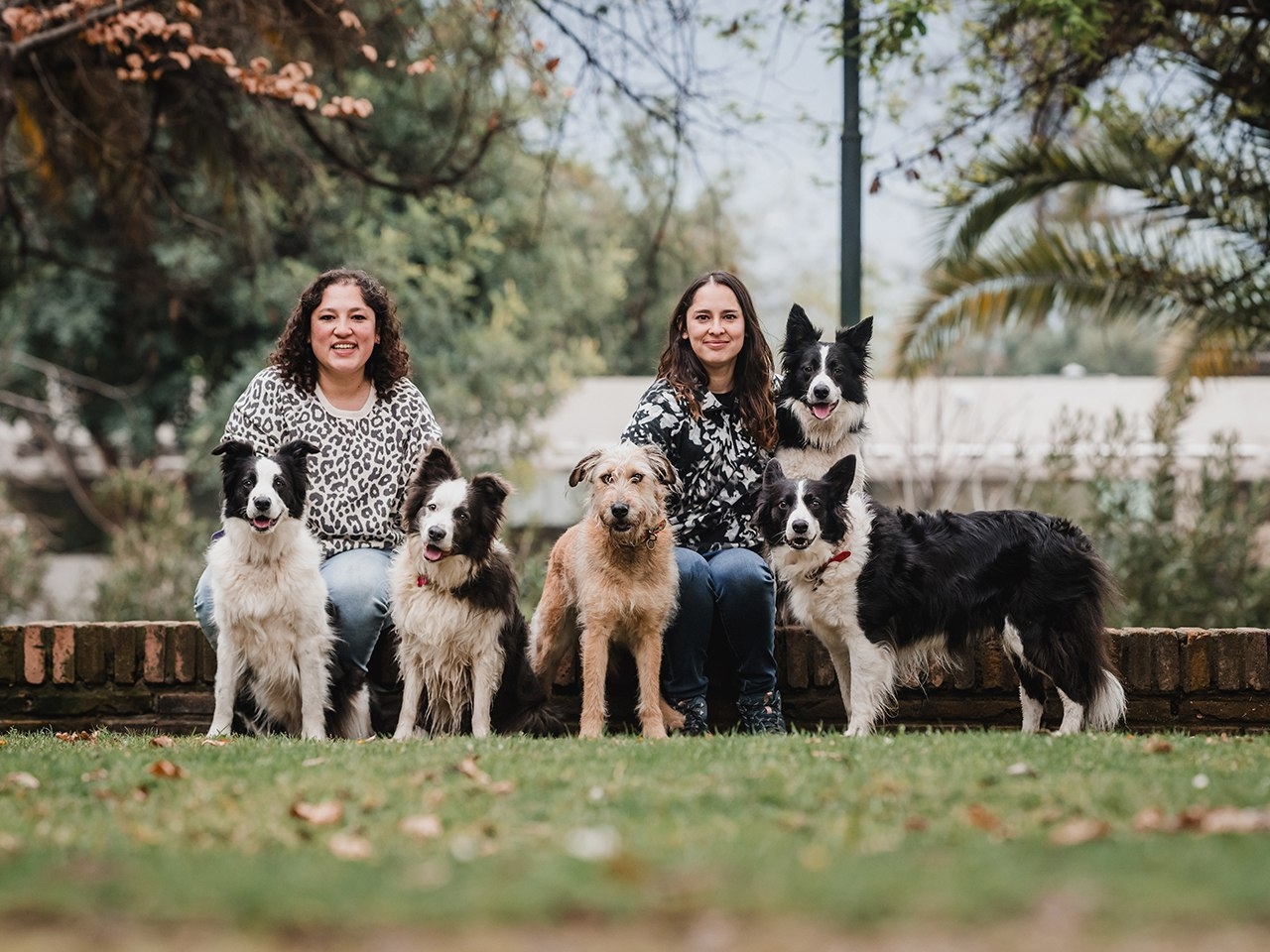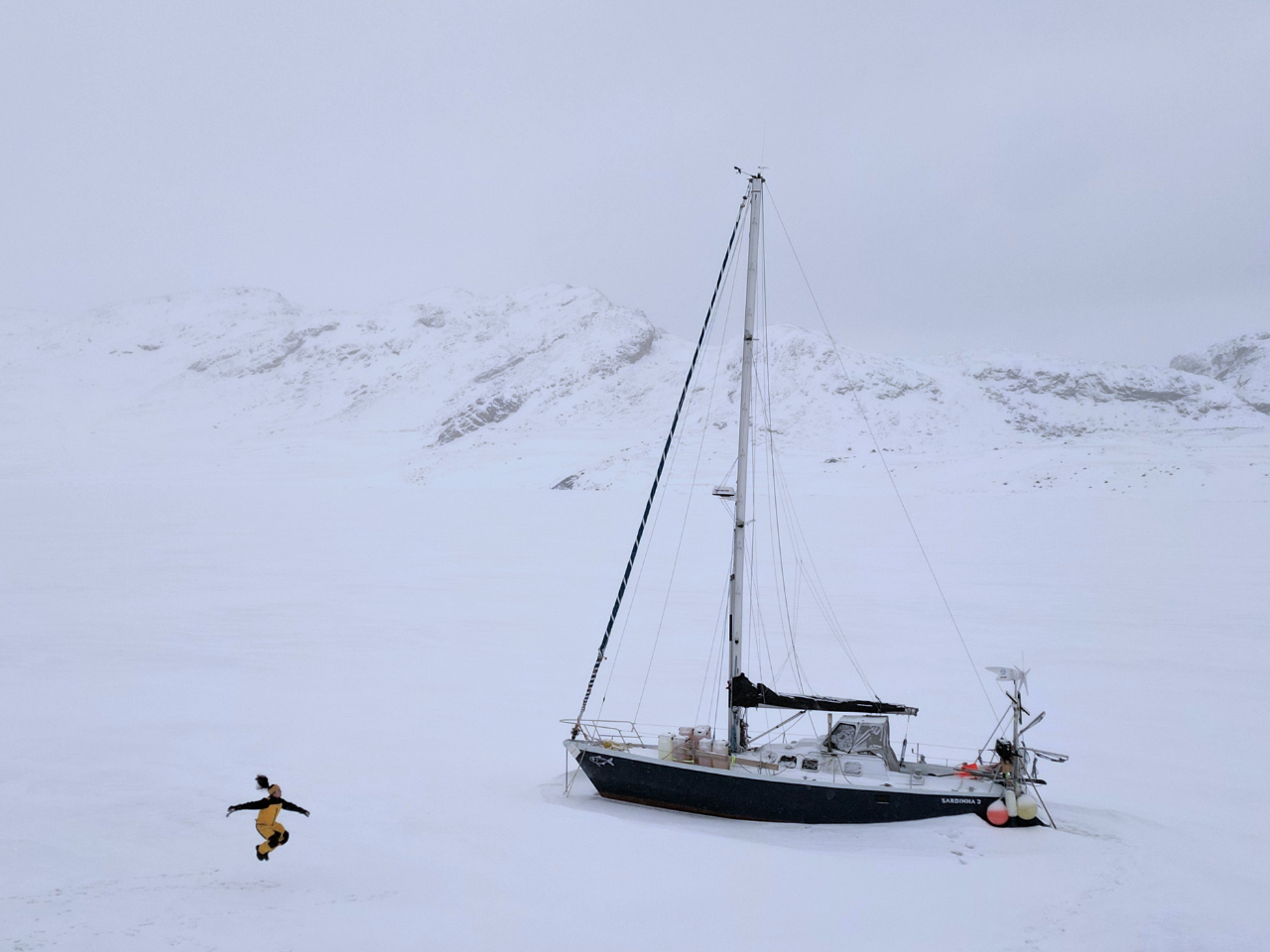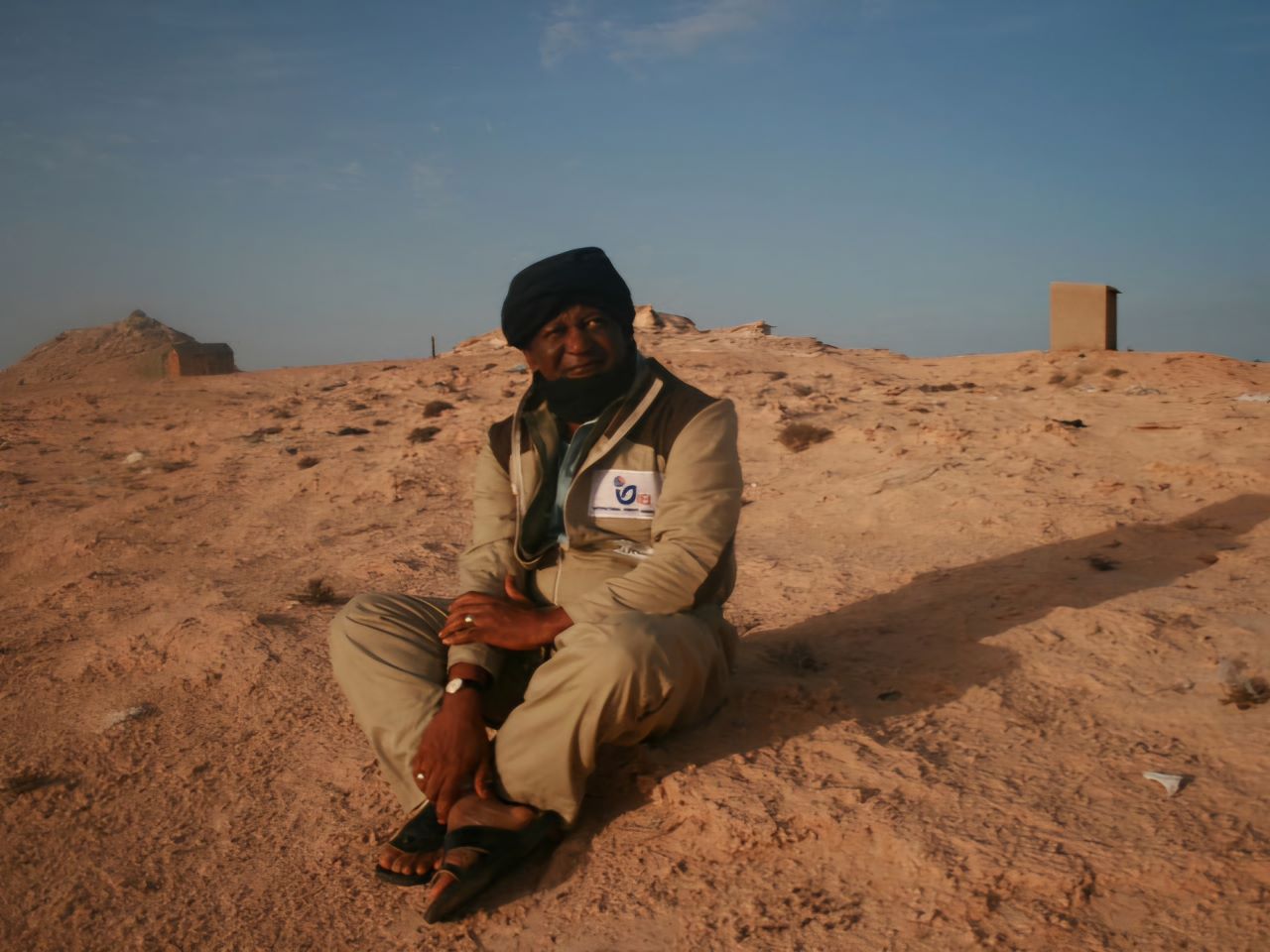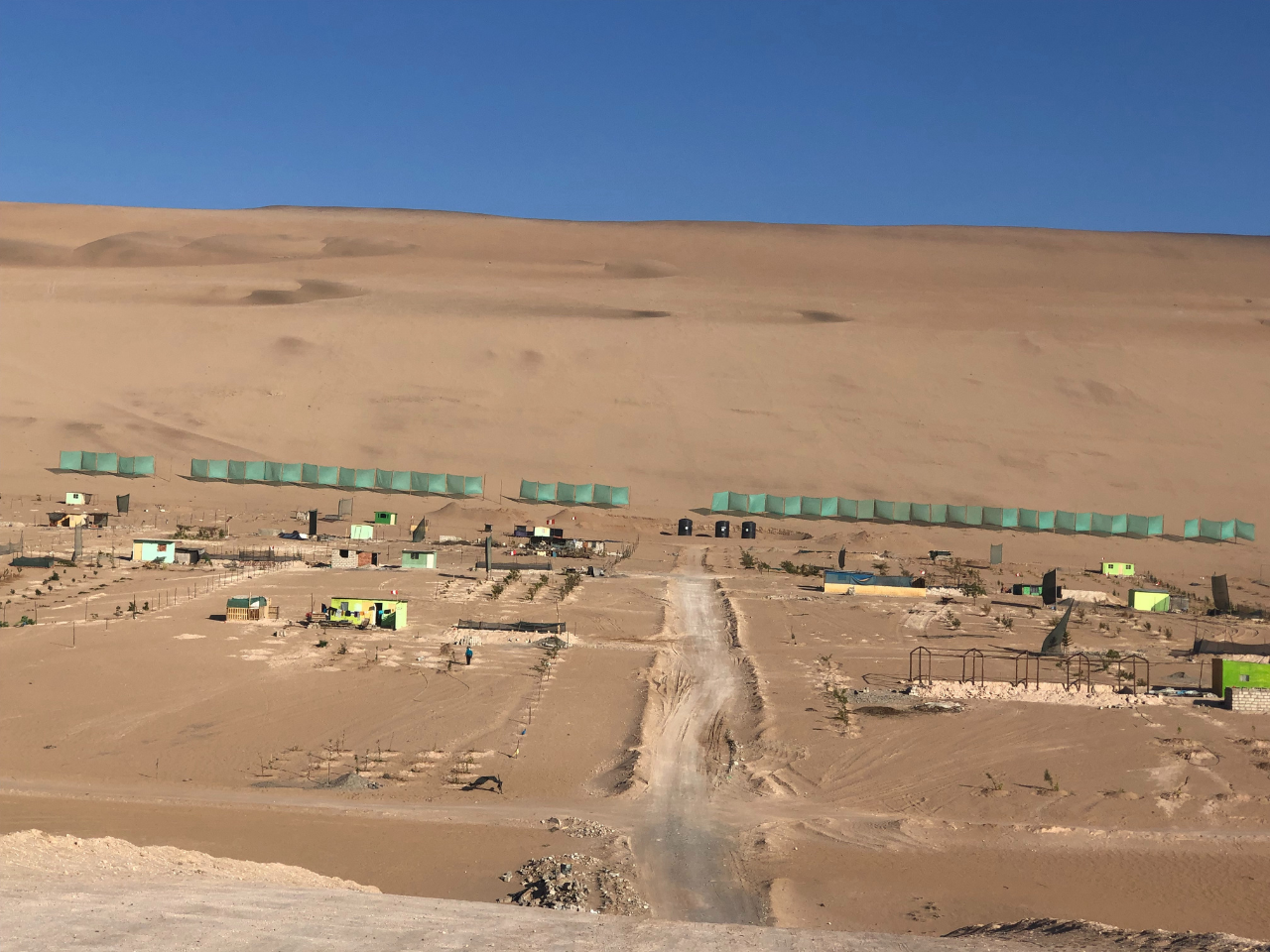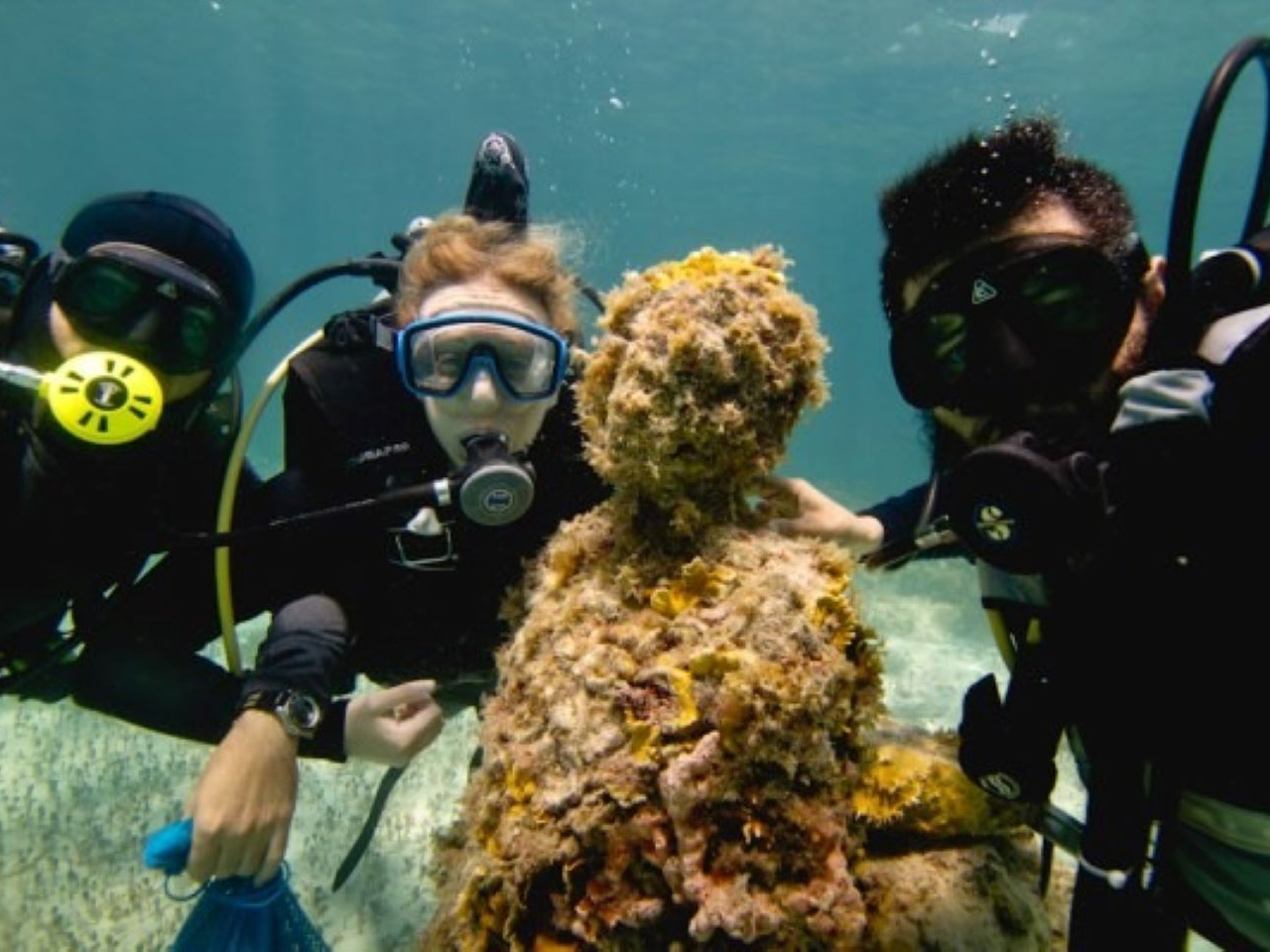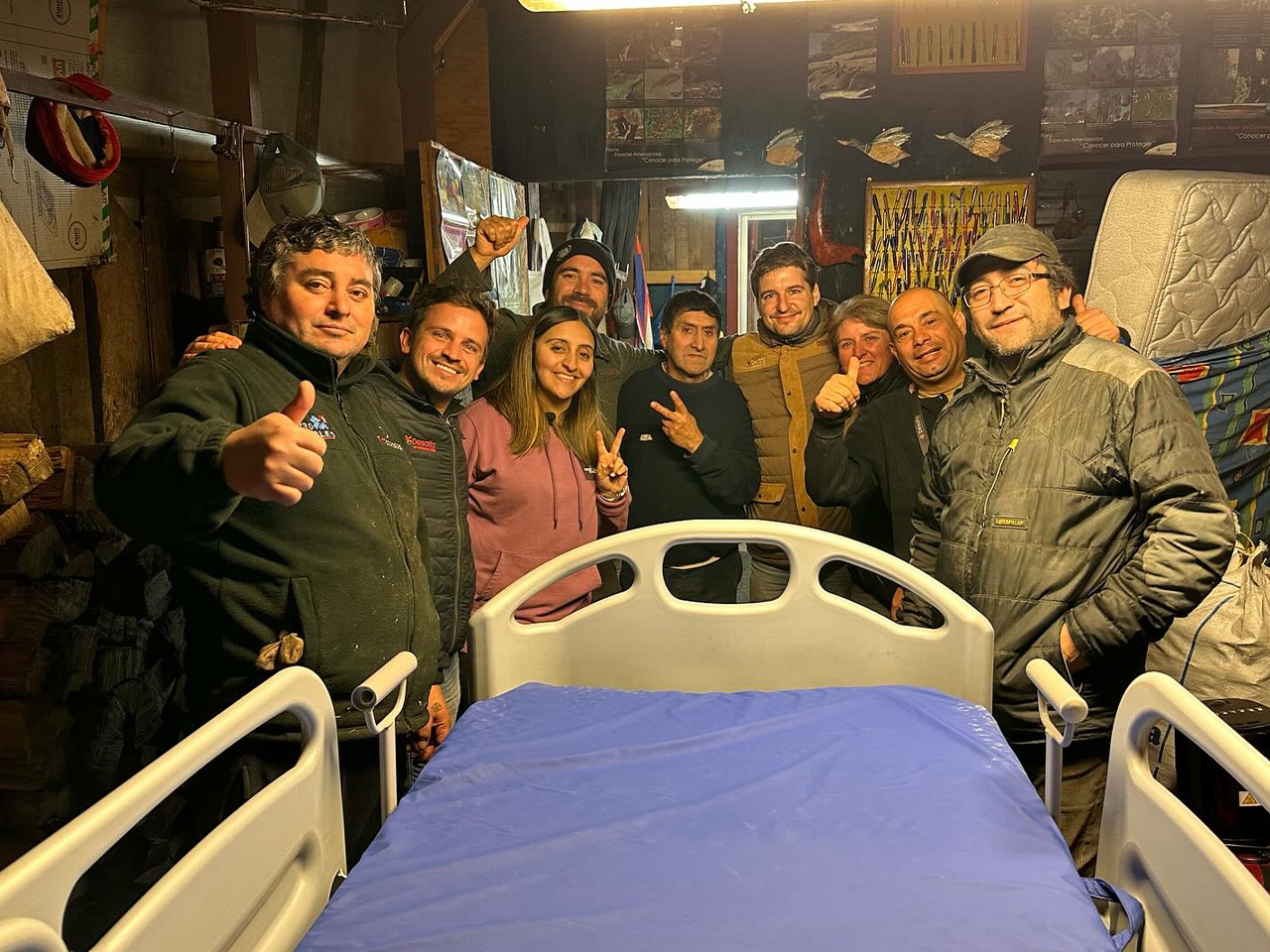“We ran on foot, holding the unconscious children in our arms,” Chilean family escapes as the villa burns
We sprinted uphill, carrying the unconscious children in our arms… The fire licked at our heels and stopping meant certain death. Fear gripped us tightly.
- 2 years ago
April 9, 2024
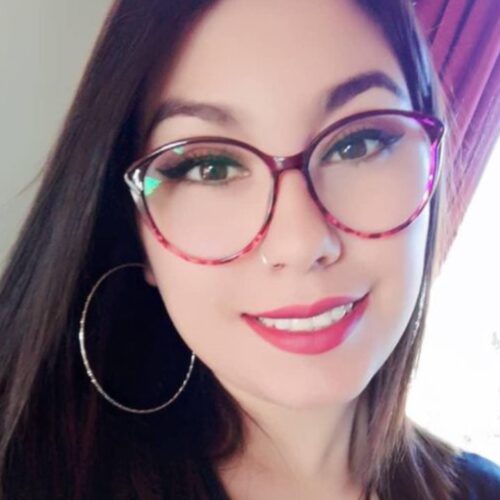
VIÑA DEL MAR, Chile — Just before 7:00 p.m., my family and I found ourselves trapped by a ring of flames, unable to escape the fire around our home in Chile. Amidst the smoke-filled chaos, time seemed to speed forward. As our neighbor’s house succumbed to the fire, desperation drove us to the car, despite knowing it may be a grave mistake.
With three young children, walking was not an option, so we fled, ill-prepared and vulnerable. We had no sweaters and no water, just shorts and t-shirts. My youngest, freshly bathed, wore only a shirt and a diaper. Along with my father, sister, and mother, we piled into the car, barely making it out through a narrow passage. Within 10 minutes, the youngest among us lost consciousness. The flames crept closer, mere cars away. Ahead of us, my cousin led the way, crashing through the vehicles left behind by others, clearing a path.
At 7:07 p.m., we found ourselves facing a moment of near surrender. Everything around us was engulfed in flames, and it was touching our car. My youngest children were unconscious, and we had to make the agonizing choice to flee on foot. Meanwhile, my father stayed in the car, waiting for a chance to go, but the situation spiraled beyond our control.
Read more environment stories at Orato World Media.
We remained unaware of the unfolding disaster as the fire raged in front of my house
On that day, before we fled, I stood at my neighbor’s house looking out at the smoke. It became so intense, I ran home and within minutes, the fire was raging right in front of us. The electricity went down, and we had no way to communicate.
The darkness enveloped everything, obscuring our vision. The hill in front of our home looked like a mere silhouette, shrouded in smoke. Messages and calls failed to reach us, and we remained unaware of the unfolding disaster.
My father and I sprayed water at the fire, but I could see the flames growing from down the hill. Ours was the last house it would reach. “We need to fight the fire from that direction,” I thought. Even as the water pressure began dropping, we kept trying to extinguish the flames. When a tree in our yard suddenly erupted, a sense of helplessness set in. I shouted to my father, “There is nothing more we can do,” and I urged him to leave.
The true magnitude of the fire remained unknown to us at that time. While we assumed places like La Bastilla and El Olivar were burning, the sudden devastation of the entire Villa Independencia caught us off guard. When we finally escaped in the car and met the flames, I desperately pleaded with my father to leave the vehicle behind. The flames were perilously close.
He stayed behind as the rest of us sprinted uphill, carrying the unconscious children in our arms. Amidst the chaos, I shouted at people, urging them to abandon their vehicles and alerting them of the proximity of the flames. The fire licked at our heels and stopping meant certain death. Fear gripped us tightly. Our only escape route lay along the unnamed street connecting bus stop 10 to bus stop eight. “This way,” I directed my mother and sister, urging them onward.
My mother’s hair caught fire and my cousin went missing
The evacuation alert for Villa Independencia was not issued until 7:45 p.m., far too late for those stuck in the gridlock like us. The dense smoke slowed our desperate run toward safety. I witnessed people fall and urged others to douse them with water while I heard people cry from the burning and heat. The disaster’s magnitude felt like a stark contrast to the absence of sirens, firefighters, or water-dropping aircraft.
We nearly reached bus stop eight on foot when a truck descending the hill stopped next to us. The driver, who was on his way to retrieve his son, initially hesitated to help despite our urgent pleas. Yet, as the flames drew near, he sprang into action and safely delivered us to the bus stop situated at a higher elevation. From that location, we watched the devastating spread of the fire. Where we stood, the sky looked clearer.
We continued by foot when suddenly, a falling ember landed on my mother’s head, catching her hair on fire. An elderly woman nearby was spraying water on her house, and we pleaded, “Please, throw water on us!” Her swift action surely saved us from the falling embers. Near that location around bus stop eight, with all communication down, we worried about my cousin’s unknown whereabouts. Trapped for hours in Independence Square, her survival seemed improbable.
Fortunately, we later discovered a couple sheltered her and her children in their car, using their supply of water to stave off the heat until it evaporated. My cousin recounted feeling detached from her body, surrounded by people perishing. She helped those who collapsed in the streets, dragging them away from the main thoroughfare.
Miraculously, my house was one of the few that remained undamaged
The experience proved extremely traumatic, unlike anything I ever faced before. Once we reached safety, from a distance, I witnessed enormous flames. It looked as if fire rained down from the sky. Struggling to breathe through a mask and glasses, I emerged to find people still in their cars. I shouted for them to get out and follow us.
Miraculously, my house survived. My father, who stayed behind in the car, doused himself in water and covered his face with clothing. He then used pool water to extinguish any embers or flames on the house. The ordeal was so harrowing, he still will not speak of it. My father became my hero. He helped many people that day, placing them in municipal cars and witnessing the loss of life on the streets.
Unable to bear the desperation any longer, I returned after four days, eager to see my home and contribute to the recovery efforts. My father’s house became a collection center. He gathered items, first to aid my cousin who lost everything. The initiative grew, gaining official recognition from the municipality, and allowing us to extend our help to the broader community.
We received trucks loaded with water and food from the municipality, which we distributed among the neighbors using a supermarket cart. Despite the Neighborhood Association’s refusal to assist those who lost everything, we persevered with our collection center. Grateful neighbors, who otherwise would have received no aid, came to thank my family for the support we provided.
Governmental failure amidst crisis: a community’s struggle for recovery
My cousin, a mother of three, lost everything in the fire. The community collectively shared aid among neighbors. Still, my cousin has no home. Her father-in-law’s death in the blaze led to a three-day delay in handling his body due to the overwhelmed legal and medical services, a situation far from unique.
Family efforts, through fundraising, enabled my cousin to purchase a house independently, without any government assistance. That help remains absent, even now. She lives without water or electricity, and her own house is under a demolition order. I live right next to Independence Field, which now lays covered in debris from houses destroyed by the fire. Night and day, trucks and planes busily work in the area. The fire destroyed all local businesses, including a bus stop, leaving us without public transportation at first. For a while, the only way to get in or out of the area was by motorcycle.
Normalcy is slowly returning, yet the initial surge of volunteer-driven aid has dwindled to nothing. People feel abandoned and hesitate to accept emergency housing amidst confusing information. Accepting it might mean forfeiting government funds. Many still sleep in tents, lack chemical toilets, and are essentially forsaken.

